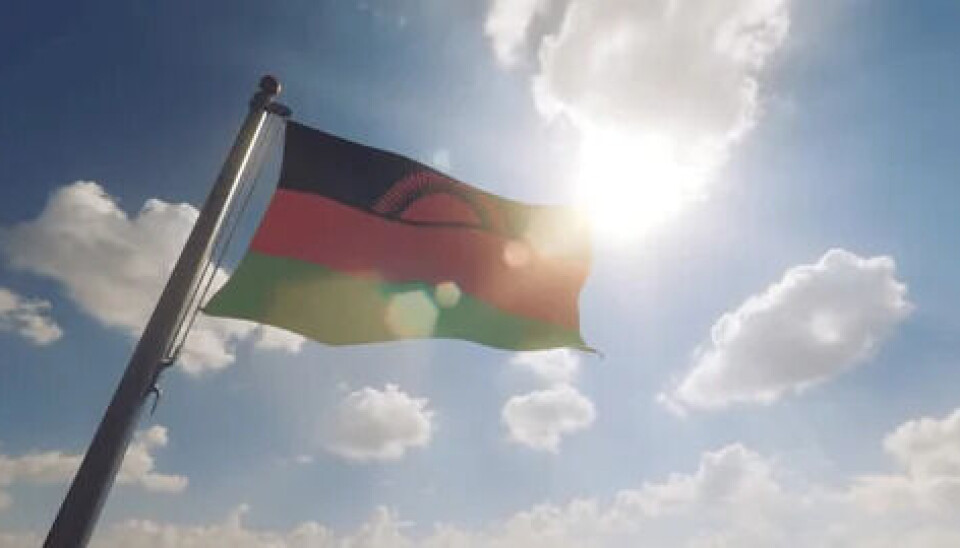Copyright : Re-publication of this article is authorised only in the following circumstances; the writer and Africa Legal are both recognised as the author and the website address www.africa-legal.com and original article link are back linked. Re-publication without both must be preauthorised by contacting editor@africa-legal.com
Court strikes down Malawi’s criminal defamation law as unjustifiable limit on freedom of expression

Legal and media freedom organisations have praised last week’s landmark decision of the High Court in Malawi that declared the Penal Code’s criminalisation of defamation as unconstitutional.
Last week’s decision of the High Court of Malawi (sitting as a Constitutional Court) to strike down a law criminalising defamation has been celebrated by organisations including the Southern Africa Litigation Centre (SALC), Media Institute of Southern Africa (MISA) Malawi Chapter, and the IUS-based Committee to Protect Journalists.
“Decriminalising defamation in Southern Africa is essential for protecting freedom of expression and enabling journalists, human rights defenders, and citizens to hold authorities accountable without the threat of imprisonment,” says Melusi Simelane, SALC’s Civic Rights Lead. “These laws often create a chilling effect that leads to self-censorship and hinders public debate on critical issues such as corruption.”
The SALC supported businessman and social media influencer Joshua Mbele in his constitutional challenge against section 200 of Malawi’s Penal Code, which criminalised defamation. It says the Court’s ruling now aligns Malawi more closely with African Commission on Human and Peoples’ Rights recommendations and other international human rights standards that promote a more open society where reputations can be safeguarded by civil laws without undermining press freedom.
Following the decision, MISA Malawi noted it has been advocating for decades for the repeal of criminal defamation laws, given their chilling effect on journalists, activists, and ordinary citizens, and how they can be used to stifle legitimate public discourse and critical reporting. “The threat of arrests and imprisonment for alleged defamatory statements has long been a significant barrier to the free flow of information and the holding of public officials accountable.”
This particular case involved pending criminal proceedings against Mbele for allegedly defamatory statements he made about the then-Army Commander.
For the constitutional challenge against Section 200, Mbele was supported by SALC under the Global Campaign to Decriminalise Poverty and Status. “While the constitutional case does not question the truthfulness of the alleged defamation, it raises significant concerns about the constitutionality of using criminal sanctions to restrict speech and whether criminal sanctions are a suitable response to reputational harm,” said the SALC, ahead of the hearing last December.
While the criminalisation of defamation enables powerful individuals to stifle dissent, civil remedies such as damages can protect reputations without hindering the free expression that is essential for accountability and democracy. Separately, in another landmark decision, the High Court last September ordered Mbele to pay K75 million (approximately $43,000 USD) in damages for defaming Innocentia Ottober, former chair of the Public Procurement and Disposal of Public Assets Authority.
In its ruling last week in Joshua Chisa Mbele v Director of Public Prosecutions and The Attorney General [2025] MWHC, the Constitutional Court held that:
freedom of expression is a foundational value in Malawi’s constitutional democracy, subject only to reasonable limitations, recognised by international human rights standards and necessary in an open and democratic society;
section 200 of the Penal Code, which criminalised defamation, was not the least restrictive means available to protect reputation, given the adequacy of civil remedies;
the sections’ breadth, potential for arbitrary enforcement, and deterrent effect on legitimate public discourse of criminal prosecution, render section 200 incompatible with constitutional guarantees;
comparative human rights jurisprudence strongly supports decriminalisation of defamation; and
section 200 was therefore unconstitutional, void, and struck down with immediate effect, and no further prosecutions could be brought under it.
MISA Malawi has called upon the Malawi Government to immediately affirm the position of the Constitutional Court, and resist any temptation to appeal the ruling.
